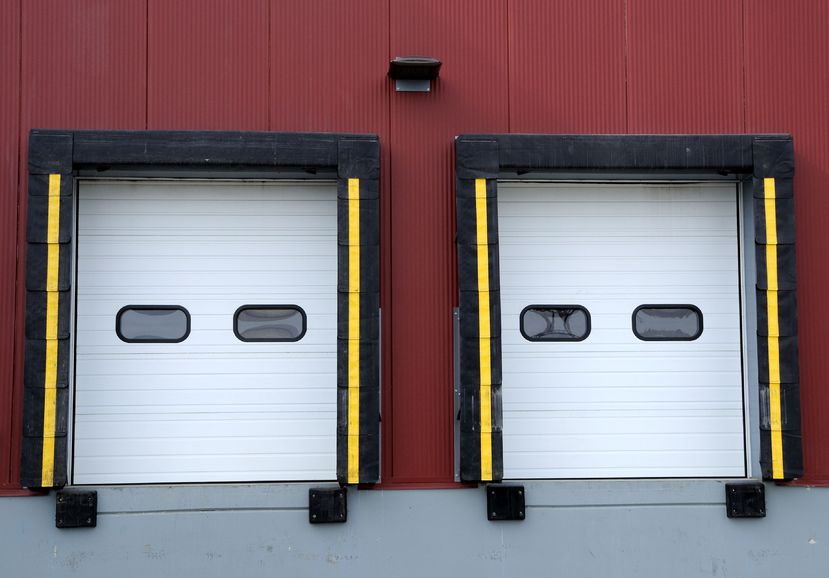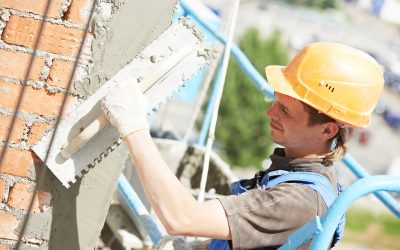I guess that, by now, not so many of us can remember actually seeing a guy with a blackened face, wearing a cloth cap and trudging along the street carrying a big circular bristle brush and a collection of connectable rods over his shoulder. This was the chimney sweep of yore and to see one (let alone invite him into your house) was considered to be very lucky – some people even invited them to their weddings for good luck. His profession and modus operandi was inextricably linked to our use of coal burning in open hearth fireplaces to heat our rooms in winter. Such fires needed large size chimneys to extract their smoke. Furthermore, coal was not an efficient fuel back then so many dirty particles got carried away in the smoke. If these particles came to rest within the chimney, we called them soot; particles that escaped into the air were responsible for much of the smog that plagued city dwellers in those days (they were also the reason why many city buildings appeared to have been built with black stone).
Fast Forward To Today
Open fires are not so popular now as they used to be; coal can now be treated so as to burn more efficiently and cleaner; many people use other types of fuel from wood to various hydrocarbon fuels in liquid or gas form. All this has led to the demise of the old fashioned chimney sweep.
But (and this is an important point) we still need Chimney Cleaning in Columbus, OH or any other place where we burn fuel. Furthermore, those of us who use wood as our fuel will need to pay particular attention to the cleanliness of our chimneys.
The Dangers Of Wood Burning
Creosote is a flammable compound produced as a by product of burning. Burning coal can produce creosote; but, a combination of wood burning and the narrower exhaust flues and ducts associated with wood burning stoves will lead to some possibly dangerous situations arising from the creosote produced out of the wood. There will always be creosote; some of it will be deposited as “soot” around an open fireplace – a thicker deposit will build up in wood burning stoves or glass doored fireplaces. Creosote will also be carried away in the smoke to be deposited within the extraction system. Any of these deposits can catch fire or even explode. When the deposits get particularly thick, they can become glazed and, when that happens, the creosote is at its most flammable and dangerous. Regular chimney cleaning in Columbus, OH removes the creosote before it becomes too hazardous.
For all aspects of chimney cleaning in Columbus, OH you need experts to conduct the job cleanly, efficiently and safely. Check them out on the web at Whempys.com.


